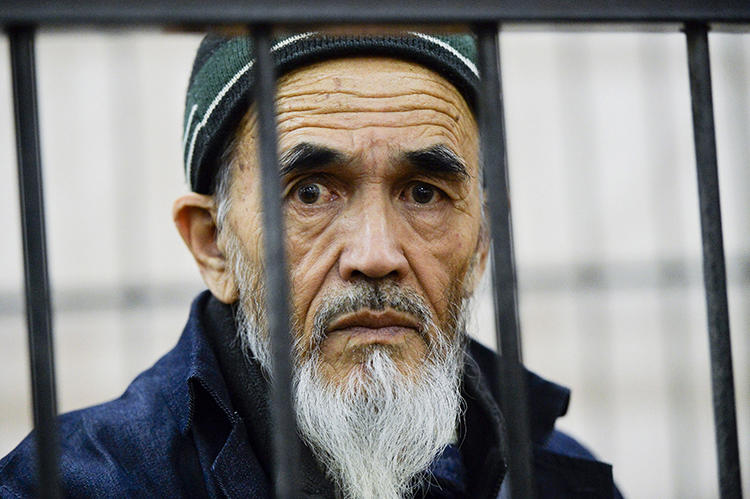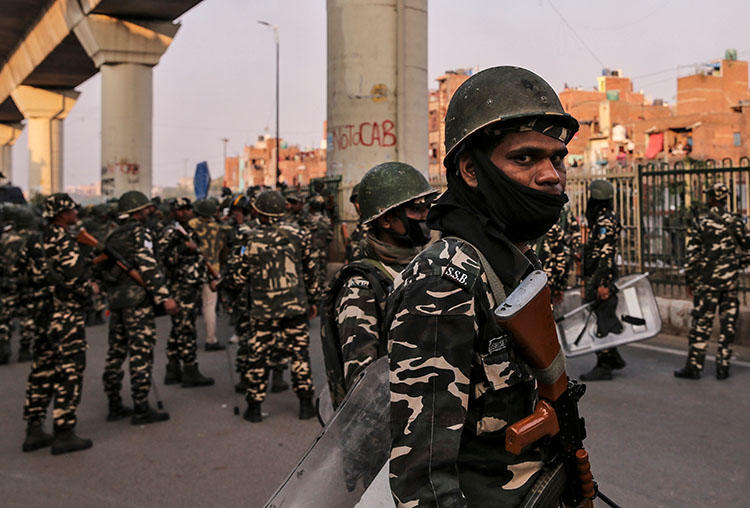The Torch is a weekly newsletter from the Committee to Protect Journalists that brings you the latest press freedom and journalist safety news from around the world. Subscribe here.
Demonstrators and police in India have attacked journalists covering protests across the country following the introduction of the Citizenship Amendment Act in December 2019. Some media workers have reported that they have been asked about their religious identity and others have been forced to delete pictures and videos from their phones. Journalists covering the protests should heed the advice of CPJ Emergencies’ latest safety advisory. (Also available in हिंदी में and اردو میں)
Journalists in India also face potential digital surveillance. CPJ Senior Global Tech Correspondent Avi Asher-Schapiro spoke with five journalists and commentators who were targeted in a WhatsApp spyware attack in India. WhatsApp has alleged that technology made by Israeli technology firm NSO Group was used in the surveillance effort.
In Syria, photographer Abdul Nasser Haj Hamdan was killed in a Russian airstrike on February 20 in Ma’arat al-Naasan, a city 4.6 miles northeast of Idlib. Hamdan, a photographer for the Media Office in Binnish, a pro-civil rights opposition outlet, had worked as a journalist since 2015, and covered events around Idlib, including the recent bombing campaign and anti-government demonstrations. According to CPJ research, 134 journalists have been killed in Syria since uprisings began in 2011, more than any other country over the same period.
Global press freedom updates
- Canadian police arrest U.S. journalist and filmmaker Melissa Cox while reporting on rail blockade near New Hazelton, B.C.
- Liberian journalist dies weeks after alleged assault by presidential bodyguards
- Lebanese journalist Mohammed Zbib assaulted in Beirut
- WikiLeaks founder Julian Assange to face extradition hearing in U.K.
- Iran harasses and intimidates journalists ahead of parliamentary elections
- CPJ Turkey Representative Özgür Öğret spoke with journalists in Turkey who have faced attacks and threats for their reporting
- Threats and violence are on the rise against journalists covering organized crime in Mexico City
- CPJ Senior Asia Researcher Aliya Iftikhar spoke to journalist Valley Rose Hungyoabout who runs the only daily newspaper for the Naga people in India’s northeastern Manipur state. Separately, in Imphal, the state’s capital, the local government moved forward with a criminal defamation case against the Imphal Free Press
- Journalists in Argentina, Ecuador, Honduras, and India receive death threats for their reporting
- Nigeria’s communications regulator sued over warrantless access to ‘call data’
- Haitian outlet Radio Télévision Caraïbes targeted with arson attack during police protest
- Tanzanian journalist Erick Kabendera freed, but faces hefty fines
- Inter-American Court to hear El Universo’s case against defamation suit filed by former Ecuadorian president
- CPJ joins letter calling on Togo government not to shut down internet
Spotlight

Do you have an Amazon Alexa-enabled device? Enable CPJ's flash briefing skill to stay up to date with the latest press freedom news from around the world.
